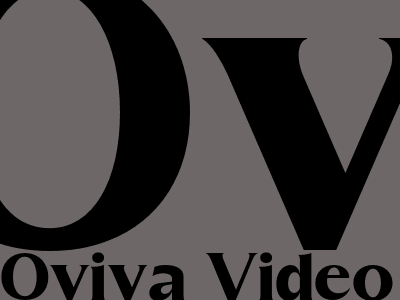
Content Marketing Strategies for Startups and Small Businesses
Why Startups and Small Businesses Need Content Marketing
In today's digital age, content marketing is crucial for startups and small businesses looking to build a strong online presence, attract customers, and drive growth. Content marketing helps establish brand authority, connect with target audiences, and nurture leads. It's an efficient way to increase website traffic, generate leads, and boost sales.
Understand Your Target Audience
The foundation of effective content marketing lies in understanding your target audience. Define their demographics, interests, pain points, and online behavior. This knowledge will guide your content creation, ensuring it resonates with your audience.
Develop Engaging and Valuable Content
Create high-quality content that provides value to your target audience. Focus on delivering valuable information, solving problems, or providing entertainment. Your content should be well-written, informative, and engaging. Consider different content formats, such as blog posts, videos, infographics, and social media posts.
Establish a Content Marketing Calendar
Consistency is key in content marketing. Create a content calendar to plan and schedule your content creation and distribution. Determine the frequency of your content, the topics you'll cover, and the platforms you'll use. This will help you stay organized and ensure a steady flow of content.
Content Distribution and Promotion
Leverage Social Media
Social media platforms are powerful channels for content distribution. Share your content on relevant social media platforms where your target audience is active. Engage with your followers, run social media contests, and use social media advertising to reach a wider audience.
Optimize for Search Engines (SEO)
Make sure your content is search engine optimized (SEO) to improve its visibility in search results. Use relevant keywords in your content, optimize your website's structure, and build backlinks to your site. This will help your content rank higher in search results, driving organic traffic to your website.
Email Marketing
Email marketing remains an effective way to connect with your target audience. Build an email list and nurture your subscribers with valuable content. Use email marketing to promote your blog posts, offer exclusive content, and drive conversions.
Paid Advertising
Paid advertising can help you reach a wider audience and promote your content. Consider using pay-per-click (PPC) advertising platforms like Google AdWords or Facebook Ads to target specific demographics and keywords. Monitor your campaigns and adjust your targeting as needed.
Measuring Content Marketing Results
Track Key Metrics
Set up analytics to track the performance of your content marketing efforts. Monitor metrics such as website traffic, leads generated, and conversions. This data will help you understand what's working and what's not, allowing you to refine your strategy and improve results.
Use Analytics Tools
Google Analytics and other analytics tools provide valuable insights into your website's performance. Use these tools to track user behavior, identify trends, and gain a deeper understanding of your audience.
Continuously Optimize
Content marketing is an ongoing process. Continuously monitor your results and make adjustments to your strategy as needed. Test different content formats, distribution channels, and promotion tactics to optimize your results and maximize your return on investment (ROI).
Conclusion
Content marketing is a powerful growth engine for startups and small businesses. By understanding your target audience, developing engaging content, distributing it effectively, and measuring your results, you can build a strong online presence, attract customers, and drive business success.